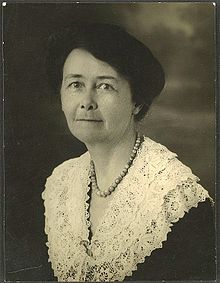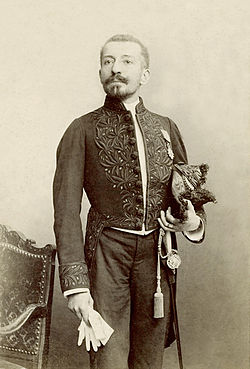
Milan Kundera quotes about personality
Czechoslovakian Writer April 1, 1929
Milan Kundera quotes in frenchMilan Kundera quotes in russian
Milan Kundera quotes in german
Cite this Page: Citation
Quotes
It takes so little, so infinitely little, for a person to cross the border beyond which everything loses meaning: love, convictions, faith, history. Human life -- and herein lies its secret -- takes place in the immediate proximity of that border, even in direct contact with it; it is not miles away, but a fraction of an inch.
Milan Kundera
Leroy's reasoning is dry as a razor, and Chantal agrees: love as an exaltation of two individuals, love as fidelity, passionate attachment to a single person - no, that doesn't exist. And if it does exist, it is only as self-punishment, willful blindness, escape into a monastery. She tells herself that even if it does exist, love ought not to exist, and the idea does not maker her bitter, on the contrary, it produces a bliss that spreads throughout her body. She thinks of the metaphor of the...
Milan Kundera
He looks at Mama out of the corner of his eye, again surprised by how little she is. As if all of her life has been a slow process of shrinkage.
But just what is that shrinkage?
Is it the real shrinkage of a person abandoning his adult dimensions and starting on the long journey through old age and death toward distances where there is only a nothingness without dimension?
Milan Kundera
What troubled her so, she thinks, is the dream's effect of nullifying the present. For she is passionately attached to her present; nothing in the world would induce her to trade it for the past or the future. That is why she dislikes dreams: they impose an unacceptable equivalence among the various periods of the same life, a leveling contemporaneity of everything a person has ever experienced; they discredit the present by denying it its priviledged status. As in that night's dream: it...
Milan Kundera
Man can only be certain about the present moment. But is that quite true either? Can he really know the present? Is he in a position to make any judgment about it? Certainly not. For how can a person with no knowledge of the future understand the meaning of the present? If we do not know what future the present is leading us toward, how can we say whether this present is good or bad, whether it deserves our concurrence, or our suspicion, or our hatred?
Milan Kundera
When the Comrades classified my conduct and my smile as intellectual (another notorious pejorative of the times), I actually came to believe them because I couldnt imagine (I wasnt bold enough to imagine it) that anyone else might be wrong, that the Revolution itself, the spirit of the times, might be wrong and I, an individual, might be right. I began to keep tabs on my smiles, and soon I felt a tiny crack opening up between the person I had been and the person I should be (according to the...
Milan Kundera
Because beyond their practical function, all gestures have a meaning that exceeds the intention of those who make them; when people in bathing suits fling themselves into the water, it is joy itself that shows in the gesture, notwithstanding any sadness the divers may actually feel. When someone jumps into the water fully clothed, it is another thing entirely: the only person who jumps into the water fully clothed is a person trying to drown; and a person trying to drown does not dive...
Milan Kundera
There is a secret bond between slowness and memory, between speed and forgetting.A man is walking down the street. At a certain moment, he tries to recall something, but the recollection escapes him. Automatically, he slows down.Meanwhile, a person who wants to forget a disagreeable incident he has just lived through starts unconsciously to speed up his pace, as if he were trying to distance himeself from a thing still too close to him in time.The degree of slowness is directly proportional...
Milan Kundera
Bacon's portraits are an interrogation on the limits of the self. Up to what degree of distortion does an individual still remain himself? To what degree of distortion does a beloved person still remain a beloved person? For how long does a cherished face growing remote through illness, through madness, through hatred, through death still remain recognizable? Where is the border beyond which a self ceases to be a self?
Milan Kundera
...a person who thinks should not try to persuade others to his belief; that is what puts him on the road to a system; on the lamentable road of the "man of conviction"; politicians like to call themselves that; but what is a conviction? It is a thought that has come to a stop, that has congealed, and "the man of conviction" is a man restricted.
Milan Kundera
- 1
- 2
Popular Author
Related Authors
-
CQ
Chelsea Quinn Yarbro Writer
-
DA
David Ansen Writer
-
GN
Gary North Writer
-
HE
Harry Essex Writer
-
JM
Janet Malcolm Writer
-
JG
Julie Garwood Writer
-
 Miles Franklin Writer
Miles Franklin Writer -
ND
Nicholas D. Kristof Writer
-
 Pierre Loti Writer
Pierre Loti Writer -
TM
Ted Morgan Writer